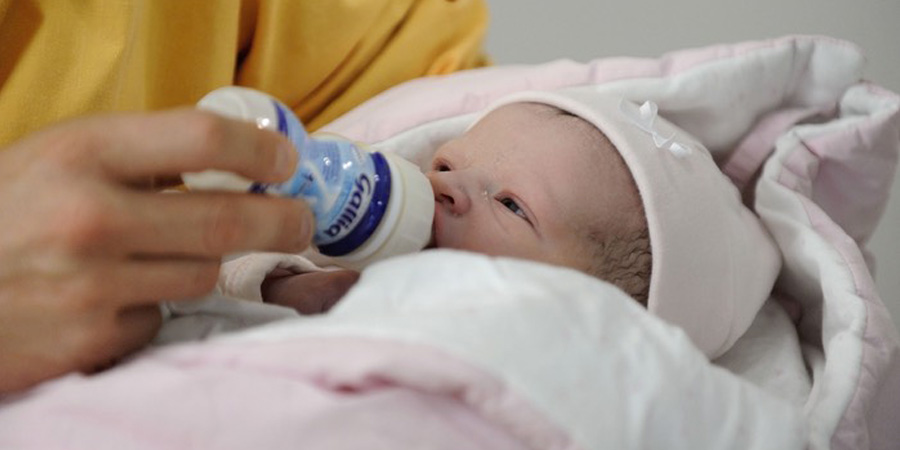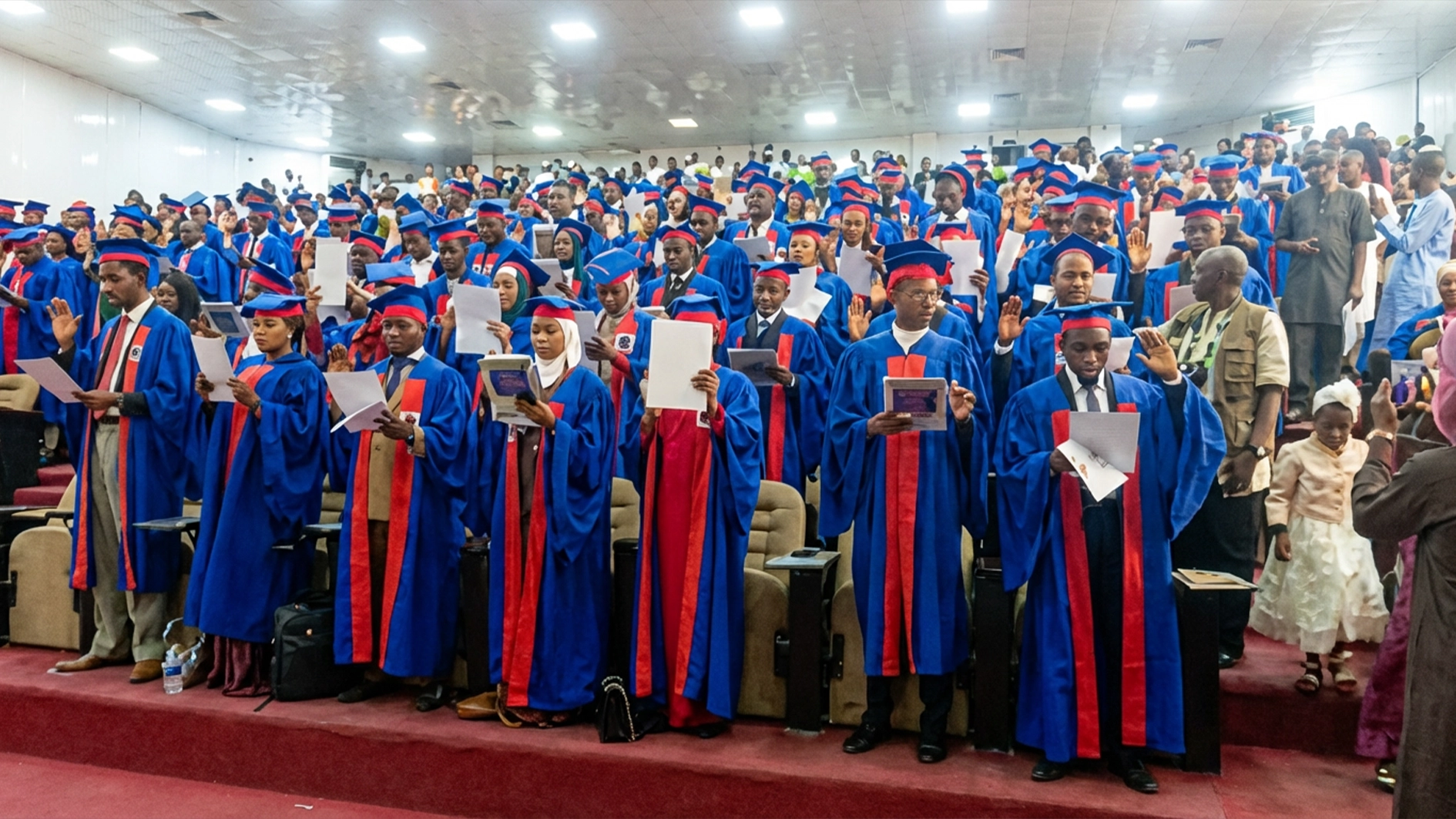
Save the Children International (SCI) has warned that the donation of unregulated breast milk substitutes, coupled with lack of access to clean water, places infants and young children at higher risk of malnutrition and mortality during emergency situations.
They stressed that investment in breastfeeding to address these inequalities is vital and can help reduce social disparities as lack of breastfeeding during the critical first week negatively affects overall breastfeeding initiation and prevalence.
Quoting from the United Nations International Children Economic Fund (UNICEF), they said that 29 per cent of mothers in Nigeria exclusively breastfeed their infants, which is lower than the 70 per cent of African countries that have high rates of continued breastfeeding at one year.
The statement, released in commemoration of World Breastfeeding Week celebrated from August 1 to7, 2024 with the theme ‘Closing the Gap, Breastfeeding Support for All,’ underscores the collective responsibility to embrace and support breastfeeding mothers through diverse and comprehensive measures and policies.
They called on the government to implement policies to support breastfeeding, including policies and programs that ensure mothers have access to good nutrition, creating a breastfeeding-friendly healthcare system, and investing in training healthcare workers to ensure that healthcare workers, providers, and volunteers receive adequate capacity support to offer breastfeeding counselling and accurately inform caregivers about child nutrition.
The Country Director, Save the Children International Nigeria, Duncan Harvey, said, “Early initiation of breastfeeding promotes not only infant survival, but the recovery of the mother and the establishment of successful breastfeeding. By working together, we can provide the necessary support for mothers and create an environment where breastfeeding is encouraged and facilitated, leading to healthier children and stronger societies. I call on all actors to support and champion optimal breastfeeding practices.”
Head of Health and Nutrition, Save the Children International,
Ayan Shankar Seal,said, “Investing in tailored breastfeeding support for vulnerable populations is crucial to closing the gap in breastfeeding rates and addressing social inequities. By involving local voices and experiences in the development of support programs, we can foster culturally sensitive and effective strategies that promote better health outcomes for mothers and infants.”
Save the Children International calls on governments and agencies, particularly those working in humanitarian and fragile contexts, to better protect, promote, and support breastfeeding and complementary feeding practices for mothers and children.
“We advocate for multi-level support for breastfeeding mothers to ensure everyone, especially those breastfeeding in times of crises and emergencies, has access to adequate support and opportunities. There is a need to ensure adequate mechanisms are in place to enforce the BMS Code and ensure compliance by BMS companies. Nigeria should take urgent steps towards domesticating and implementing the BMS Code at subnational levels,” the group said.






